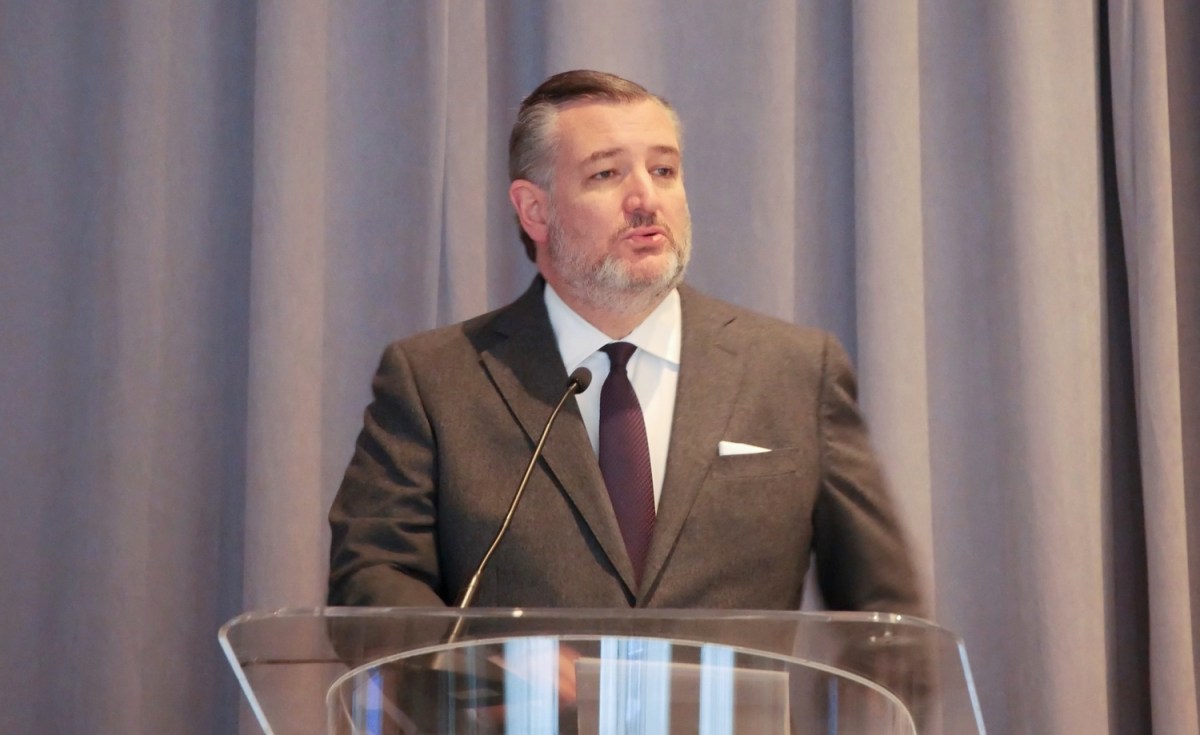WASHINGTON — The chairs of the congressional committees that oversee civil and commercial spaceflight say their priorities for the new Congress include a NASA authorization bill and commercial space legislation.In back-to-back speeches at the 27th Annual Commercial Space Conference here Feb. 12, Sen. Ted Cruz (R-Texas), chairman of the Senate Commerce Committee, and Rep. Brian Babin (R-Texas), chairman of the House Science Committee, outlined similar plans for legislation involving NASA and commercial space activities.One is a NASA authorization bill. A standalone NASA authorization was last signed into law in 2017, although one was included in the CHIPS and Science Act in 2022. Such bills help define agency policies and programs.Cruz was one of the sponsors of a Senate NASA authorization bill introduced in December in the final days of the 118th Congress. “I plan to reintroduce this bill very soon and will work vigorously to push it forward and have it signed into law,” he said at the conference.A priority for him in that bill is managing the transition from the International Space Station to commercial space stations in low Earth orbit. The bill “would not only ensure that we have no gap in capability after ISS but would enshrine in statute that it is the official position of the United States to maintain a continuous human presence in LEO,” he said.“Abandoning LEO in some well-intentioned but misguided effort to focus only on the moon or only on Mars would only allow China to fill that void, driving a wedge between the United States and our partners,” he added. “That’s a path that we’re not going to take.”Babin said a NASA authorization bill is also a priority for his committee, suggesting it would ensure that the agency remains focused on a return to the moon amid speculation that the Trump administration might shift its emphasis to Mars.“My top priority is ensuring that U.S. astronauts return to the lunar surface and that we do so before the CCP,” or Chinese Communist Party, he said. “We will use the moon as a proving ground, allowing us to develop and test technologies needed for future deep space missions, including our ultimate goal of landing humans on Mars.”Like Cruz, Babin said his committee’s bill will examine the ISS transition. “We must give careful thought to how both the International Space Station and upcoming commercial platforms can play a role in accomplishing the United States’ objectives in low Earth orbit,” he said. “All of this must be accomplished in a funding environment that does not rely on significant budget increases.”In the previous Congress, Babin introduced a commercial space bill that addressed, among other issues, the long-standing challenge of “mission authorization,” or how the United States regulates commercial space activities beyond traditional uses like launch, communications and remote sensing. That bill was approved on a party-line vote by the committee in November 2023 but did not advance further.Babin argued that bill offered a “straightforward approach” to mission authorization that would have given that responsibility to the Commerce Department. By contrast, a proposal by the Biden administration would have split those responsibilities between the Commerce and Transportation Departments.“If the United States seeks to be the forum of choice for space operations, it’s critical that we facilitate space commerce by establishing appropriate frameworks for commercial space operators,” he said.Babin said he will reintroduce commercial space legislation “this very year” to address mission authorization and other issues, like the Commerce Department’s implementation of a civil space traffic coordination system.Cruz said such issues would be a priority for his committee as well. “It is long past time for Congress not just to debate whether the existing regulatory and governance structures set the commercial space industry up for success but actually take decisive action to ensure that they do,” he said.That could include, he suggested, moving the FAA’s Office of Commercial Space Transportation out of the agency and making it a standalone entity under the Secretary of Transportation, which is how the office was originally established in the mid-1980s before being moved into FAA a decade later.While NASA authorization and commercial space bills have been introduced in previous Congresses, only to languish in committees or fail to be reconciled with bills from the opposite chamber, there may be a new incentive to get at least a NASA authorization bill passed this year.Rep. Tom Cole (R-Okla.), chair of the House Appropriations Committee, sent letters to chairs of other committees, including Babin, Feb. 6. In the letters, he noted that appropriators planned to start work on the fiscal year 2026 appropriations process in late April, an early start given that work on 2025 appropriations is not yet complete.He added in the letter to Babin that both NASA and the National Oceanic and Atmospheric Administration have lapsed authorizations. “As you begin to implement your legislative priorities in the 119th Congress, I know that you will keep these programs in mind,” Cole wrote.The implication of that language, sources said, is that a lack of an authorization could make those agencies vulnerable to significant spending cuts, either by the committee or by the White House.
By Tyler Mitchell
Tyler is a renowned journalist with years of experience covering a wide range of topics including politics, entertainment, and technology. His insightful analysis and compelling storytelling have made him a trusted source for breaking news and expert commentary.
